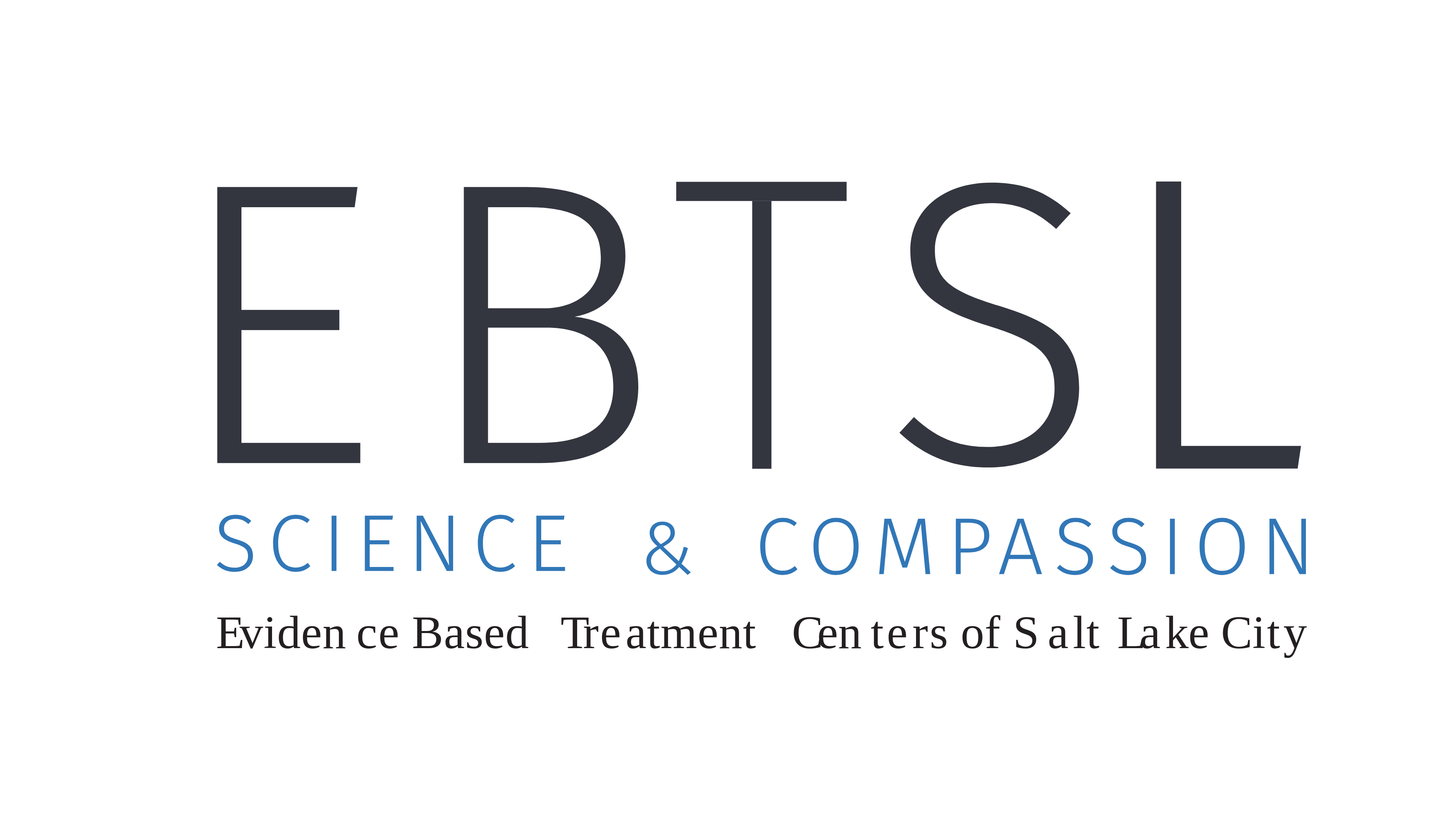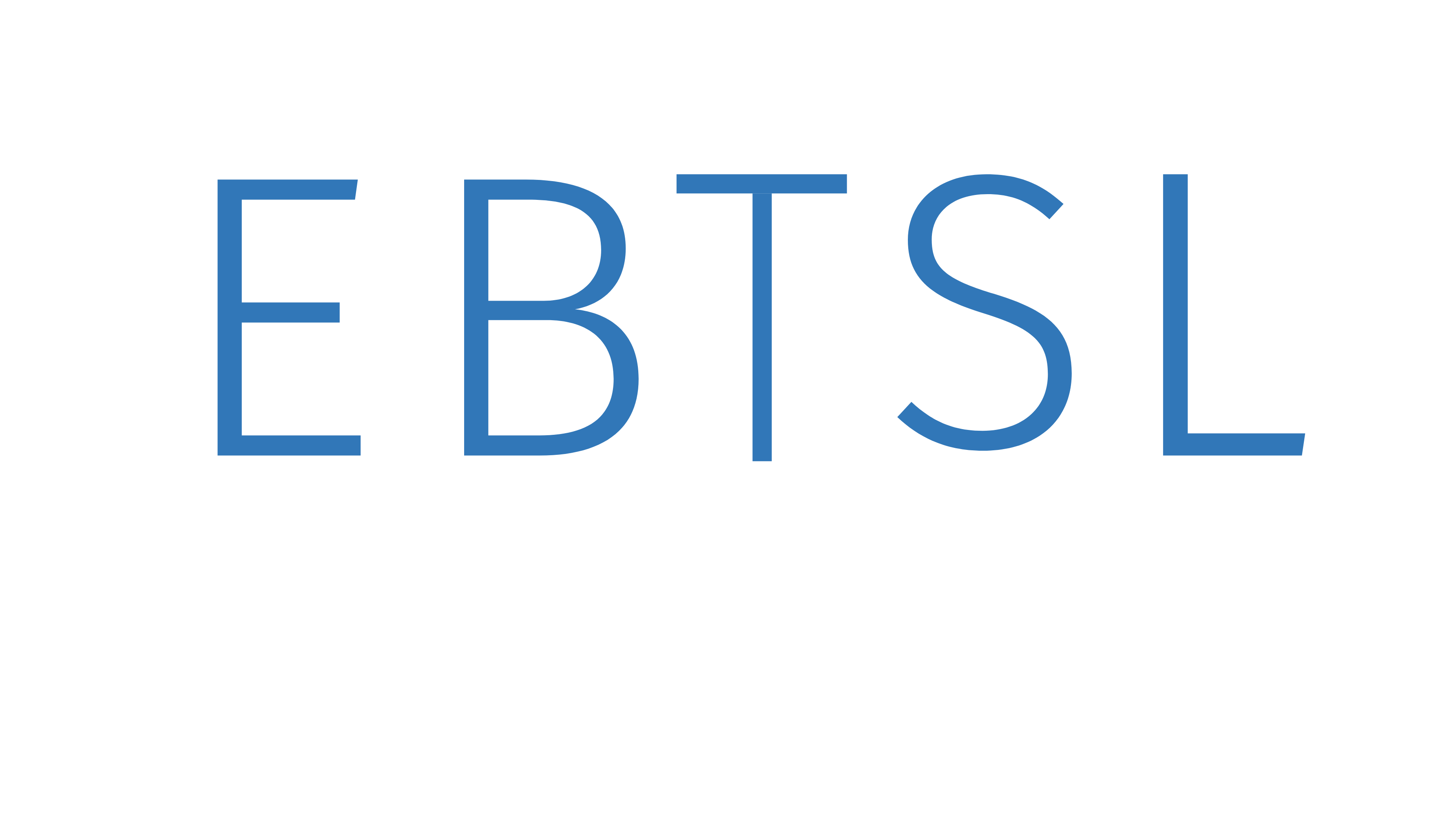- Cognitive Behavioral Therapy (CBT)
- Exposure and Response/Ritual Prevention (ERP)
- Supportive Parenting for Anxious Childhood Emotions (SPACE)
- Comprehensive Behavioral Interventions for Tics (CBIT)
- Behavioral Sleep Interventions
- Parent Intervention and Other Interventions
- School / Community Collaborations
Cognitive-behavioral therapy (CBT) and behavior therapy emphasize the connections between thoughts, physical sensations, and behaviors in the maintenance of anxiety-related problems. These forms of therapy tend to be present-focused. CBT helps clients understand the nature of their anxiety and what maintains it, as well as teaches them tools for how to break out of unhelpful patterns.
Exposure and Response/Ritual Prevention (ERP) is a specific subset of CBT that is extremely helpful in the treatment of anxiety, obsessive-compulsive and related disorders. ERP involves systematically, supportively, coming into contact with feared triggers, without doing anything to try and decrease the feared outcomes from doing so. ERP can be conducted in person, imaginally, vicariously by watching someone else, and to feared body cues. ERP over telehealth can help people who are scared of situations at home. We can even do ERP via virtual reality. Although all of this might sound overwhelming, there is an incredible feeling of accomplishment and mastery that can be gained by overcoming deep seeded fears.
Supportive Parenting For Anxious Childhood Emotions (SPACE) is an anxiety disorder intervention that involves helping parents of kids, teens, and young adults learn to disentangle how they want to parent from the ways they are responding to their loved one’s distress. By taking supportive action to remove themselves from the cycle of anxiety, parents can send their children the message that they are confident their child can handle the feared emotion they are experiencing.
Comprehensive Behavioral Interventions for Tics (CBIT) is a strategy for helping people with tic disorders. It involves a thorough assessment of the tics themselves, the things in the environment that might make tics more or likely to be present, and how people are responding to tics. After gaining a deep understanding of their tics, people learn how to decrease pressure around tics, and then are taught a strategy called habit reversal training (HRT) to find ways to compete with the urge to tic.
Behavioral sleep interventions can take a number of different forms depending on if the person experiencing the sleep problem is a child, teen, or adult. We also have strategies for parents who are trying to help their children with sleep related problems. Common behavioral sleep interventions include cognitive behavioral intervention for insomnia (CBT-I), bedtime routines, positive reinforcement, systematic ignoring, bedtime passes, and bedtime fading. Additionally, for people with biological clocks that don’t align with their requirements (e.g., work, school…), we closely collaborate with sleep physicians to support medical and behavioral interventions to help align your body clock and meet your daily needs.
Based in behavioral principles, we help parents learn to take a proactive, function-based approach to supporting their children. Kids learn to engage in positive behavior and decrease unwanted behaviors. By making changes to the environment and the way you respond in the moment, parents can help their children shift their behavior while simultaneously decreasing parent stress.
We also offer support to parents who are working to navigate educational supports or accessing appropriate services for disorders like ADHD or ASD.
The Evidence Based Treatment Centers frequently consults with and/or presents at schools and other partners in the community who are interested in learning more about evidence-based treatment strategies. If you are would like to inquire about a consultation or presentation with Dr. Ravid, please contact us below.

